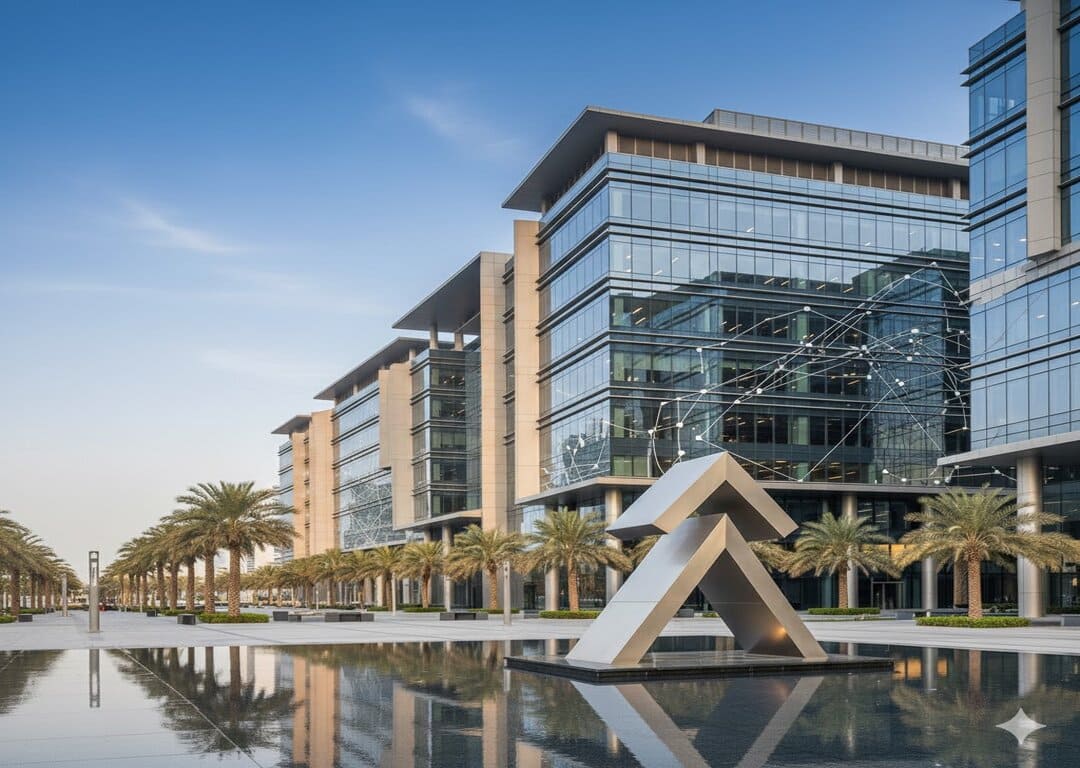DIFC vs Cayman Islands For VC Fund Setups
The Cayman Islands has traditionally been the leading jurisdiction for investment funds, and is said to house more than 75% of the world’s offshore funds, with over half of the worldwide assets under management. However, of late, the Cayman Islands has been facing increased scrutiny from more regulated domiciles, especially the European Union, who has currently blacklisted the jurisdiction. As a consequence, fund managers have started to look for alternate jurisdictions in order to base their funds.
Why setup an investment fund in the DIFC?
The DIFC is a leading financial hub in the region. Besides offering a wide range of financial service activities, the centre also provides an integrated environment and world-class standard of living. It is well regarded in the international community as well.
The Dubai Financial Services Authority, or DFSA, acts as the independent regulator of fund managers and investment funds setup in the DIFC, which provides a high degree of comfort to individual and professional investors. The DIFC offers both Domestic Fund Manager and External Fund Manager licenses, both of which allow for the management of Public, Exempt and Qualified Investor Funds. The DIFC Registrar of Companies (ROC) offers multiple fund structures, included open-ended and closed ended investment companies, and GP-LP structures.
With DIFC Funds, Fund Managers can target the GCC market, and the wider MENASA region, taking advantage of the numerous Double Taxation Avoidance Treaties that the UAE has in place. Zero-rate personal and corporate tax also make the DIFC an attractive destination to setup and manage investment funds.
Specific Advantages:
Here are some specific advantages of establishing in the Dubai International Financial Centre:.
LEGAL AND REGULATORY FRAMEWORK
- Legal framework supports cross-border activities
- 100% foreign ownership permitted
- No restriction on foreign talent or employees
- No restrictions on capital repatriation
TAX BENEFITS:
- Zero tax for 50 years on profits, capital or assets from 2004
- Zero tax on employee income
COUNTERPARTY CONFIDENCE:
- Highly regarded, independent regulator
- Independent, English-speaking, common law judicial system
- Distinct from the UAE legal system
- Risk-based regulatory approach
DIVERSE ECOSYSTEM:
- Central to regional deal making
- High concentration of international firms, investment funds, wealth management firms, banks, and financial institutions
- World-class regional and international law and auditing firms, and other professional services
- The largest fund domicile in the region
GEOGRAPHIC EPICENTRE:
- Management offices, holding companies and family offices are located closer to the assets they own or manage
- The Middle East, Africa and South Asia (MEASA) is increasingly the centre of gravity for the global economy
- Dubai plays a central role in the growing South-South trade, principally between Asia and Africa
- Well-positioned to harness the potential of emerging markets
Types of Funds:
Public Funds:
Public Funds are open to Retail Clients (as defined by the DIFC), and hence subject to higher levels of regulation. The other features of a Public Fund in the DIFC are:
- No minimum subscription limit;
- Units are offered to the general public;
- Can have any number of unit-holders; and
- Have to comply with IOSCO principles.
Why setup Private Equity and Venture Capital Funds in DIFC:
The DIFC presents a very credible alternative to traditional Cayman structures. The DIFC is a well-regulated onshore jurisdiction, recognized to be one of the top 8 onshore financial centres worldwide. It has, since 2004, built up an excellent reputation in the region, and is now the go-to centre for financial and non-financial setups. The ecosystem in the DIFC comprises over 1,500 companies, with over 25,000 professionals living and working in the centre.
The Cayman Islands is essentially offshore, which means that most of the funds setup there do not have a strong physical presence on the island. Moreover, there is no ecosystem to speak of, and hence the value proposition essentially lies in the ease of incorporation and ongoing management.
There has been a steady stream of fund managers shifting from Cayman Island structures to the DIFC. Some of the reasons include the flexibility of structures available, reduced costs and incentives for fund managers of professional funds, a drive for funds with regional themes, and an increased level of partnership between internal venture capital companies and local powerhouses and family offices.
In addition to this, the DIFC offers options for Islamic-themed funds and Sharia compliance, that is absent in the Cayman Islands.
Marketing of foreign funds:
There are also the marketing and promotional activities to be considered. Domestic funds can be marketed within the UAE, and there exist fund passporting options between DIFC, the ADGM, and the Emirates Security and Commodity Authority (ESCA). Foreign funds, such as those setup in Cayman Islands, have to register with ESCA and appoint a local promotion agency as well. ESCA takes up such applications on a case-to-case basis, and mandates that the foreign fund has to be regulated in the home jurisdiction as well, which most PE funds in the Cayman Islands are not. And so, this imposes additional requirements for such funds to comply with, and additional costs.
Presence in the region
VC funds registered in Cayman Islands also cannot create a presence in the region, unless the setup a financial services license in the DIFC for instance. In most cases, VCs are seeing taking a more active role in the functioning of their investee companies, and this means having staff on the ground, something that a Cayman Islands fund cannot do without registering as a financial services provider.
Locally-registered Venture Capital Fund Managers, on the other hand, can avail office space, employ staff, including for business development and administrative positions, and carry out business onshore using the same financial services license.
Setting up a fund structure in the DIFC
Read this article to know more about the types of funds that can be setup in the DIFC.
Setting up a fund in the DIFC requires either a) setting up a Domestic Fund Manager or b) licensing an existing fund manager in a recognized jurisdiction, to act as the External Fund Manager of the DIFC fund. Read this article to know more about the licensing process and associated costs.















 CONTACT
CONTACT